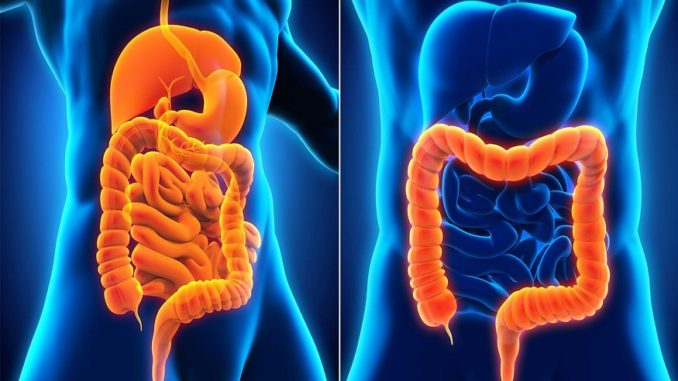
The most sensitive part of our body is the digestive system. Many issues affect the digestive system that seems unrelated at the start such as stress, emotional factors, and malfunctions of different body parts.
Digestive diseases are affecting millions of people every day. The Department of Health and Human Services of the U.S has estimated that the number of people who are suffering from digestive diseases is between 60 to 70 million.
There are some common digestive disorders that are a threat to your health. You should see a doctor as soon as possible if you notice any digestive issue that is continuous and if you are unable to recover from it using home remedies.
Here is the list of some common digestive disorders that can interrupt your health and lifestyle.
Crohn’s Disease
Crohn’s disease is a group of conditions related to the digestive tract named inflammatory bowel disease. It can impact any part of your GI tract. But commonly it impacts terminal ileum.
This terminal ileum connects the start of the colon to the end of your small bowel. According to the Foundation of Crohn’s & Colitis, Crohn’s affected 780,000 Americans. Doctors don’t know the exact causes of the disease.
But some researchers say that family history or genetics can play an important role in causing the disease. Common symptoms of the disease are rectal bleeding, abdominal pain, fever, diarrhea, and weight loss.
Dr. Bamji reported that the treatments of the disease include surgery, topical relievers of pain, and immunosuppressants. You should avoid the foods that trigger the disease such as dairy products, alcohol, raw fruits, vegetables, and spicy foods.
Ulcerative Colitis
It is also an inflammatory bowel disease that is affecting 907,000 Americans. The symptoms of the disease are similar to Crohn’s disease. Ulcerative Colitis affects the large intestine that is also known as the colon.
Ulcers start developing in the lining of the colon when your immune system improperly manages the food or other materials. It also leads to the development of invaders and sores. Go to visit your doctor if you experience cramps in the abdomen and frequent bowel movements.
You may also experience pain with diarrhea and blood clots in the stool. Medications help to discharge the foods that cause issues and discomfort. These medicines also suppress the process of inflammation
Irritable Bowel Syndrome
Do you feel discomfort in your stomach three times a month? Does your digestive tract cause discomfort and irritation? If yes then you may have irritable bowel syndrome. It is a common condition among digestive disorders.
Symptoms of this disease vary greatly. People may have a hard, dry, or watery stool. Another symptom of IBS is bloating. Doctors are not sure about what are the exact causes of IBS. Treatment includes managing the diet like eating food that is composed of high-fiber meals and low fats.
You should avoid the common foods that trigger IBS such as caffeine, alcohol, dairy products, and the foods that are involved in the production of gas. Do not eat artificial sweeteners because these sweeteners also trigger IBS.
Hemorrhoids
If you see red blood in the toilet bowl that is bright in color then you may have hemorrhoids. It is a common disease of the digestive tract. It causes inflammation in your blood vessels that is much painful and leads to itching.
Chronic constipation, lack of fibers in the diet, straining during the movements of the bowel, and diarrhea are the causes of hemorrhoids. You can treat this condition by drinking more water and eating a diet that is rich in fibers.
Moreover, exercise regularly to prevent this disease. Suppositories and some over-the-counter creams are temporary sources of relief. If home treatments are not helping you out then visit your doctor.
Sometimes patients need a hemorrhoidectomy. Doctors remove hemorrhoids through surgery in case of severe issues. Do not delay your visit to the doctor in case of severe digestive issues.
Diverticulitis
In this disease, small pouches develop anywhere in your digestive tract. These pouches are called diverticula. Doctors may see the weak spots present in the lining of the digestive system. Commonly these spots are found in the colon.
If an individual has diverticula but he/she is not showing any symptoms then this condition is called diverticulosis. It is common in older adults and does not cause many problems. Sometimes pouches become infected in people and this condition is known as diverticulitis.
A greater risk factor for this disease is obesity. Doctors treat this disease with antibiotics and they recommend a liquid diet that helps in the healing of the colon.

Leave a Reply
You must be logged in to post a comment.